Global Studies
Taught by Ms. Esther Englard
Each unit is introduced with a central thematic question that is the driving force behind the subsequent lessons. ie. Why is there so much conflict in the Middle East? Students are active learners and use a variety of sources to discover the world of the past which is very much alive today.
Much of the learning is done cooperatively in groups of 2-4 students. Research proves that cooperative work promotes higher student achievement and longer retention. Learning and discussions are student centered and students are encouraged to speculate, explore, and voice opinions.
Modern World History:
The Rise of Islam 600-1250
Japanese Feudalism 600-1350
European Middle Ages 500-1200
Renaissance and Reformation 1300-1600
The Age of Absolutism 1500-1800
Enlightenment and Revolution 1550-1789
The French Revolution 1789-1815
The Industrial Revolution 1700-1900
Imperialism 1850-1914
The Great War 1914-1918
The Russian Revolution 1900-1930
Current Events:
Local, political, US and world news, scientific breakthroughs, and topics of interest to the students.
Sources Used: World History Patterns of Interaction, primary sources, newspaper clippings, maps, graphs, cartoons, documentaries, and video and audio recordings.
Course Goals:The students will:
- Love learning, knowing, and understanding history. They will connect its relevance to current events and identify historical trends and patterns.
- Become proficient at reading and interpreting primary sources including documentaries, maps, graphs, charts, and cartoons.
- Formulate educated opinions based on historical facts, and feel comfortable expressing themselves both verbally and through the written word.
- Develop an interest in reading and discussing news, government politics, and current affairs.
Projects:
At the culmination of each unit, students complete a creative project which challenges them to use higher thinking skills to synthesize and apply what they have learned. Creative assignments compel students to utilize their multiple intelligences and empower them to take ownership of their learning. For each assignment, a sheet is handed out detailing the requirements and grading rubric. Bonus points are always awarded for ingenuity and hard work!
- Create a 3D town depicting Japanese feudalism
- Compose a song that represents European Middle Ages
- Enact a town hall meeting taking place during the era of the Reformation
- Design a collage portraying the Renaissance or Reformation
- Sketch a cartoon that depicts the French Revolution
- Construct a museum exhibit on the Russian Revolution
Trips:
City Museum of New York, Samurai Exhibit – Japanese Isolation
Madame Tussauds Wax Museum – French Revolution
